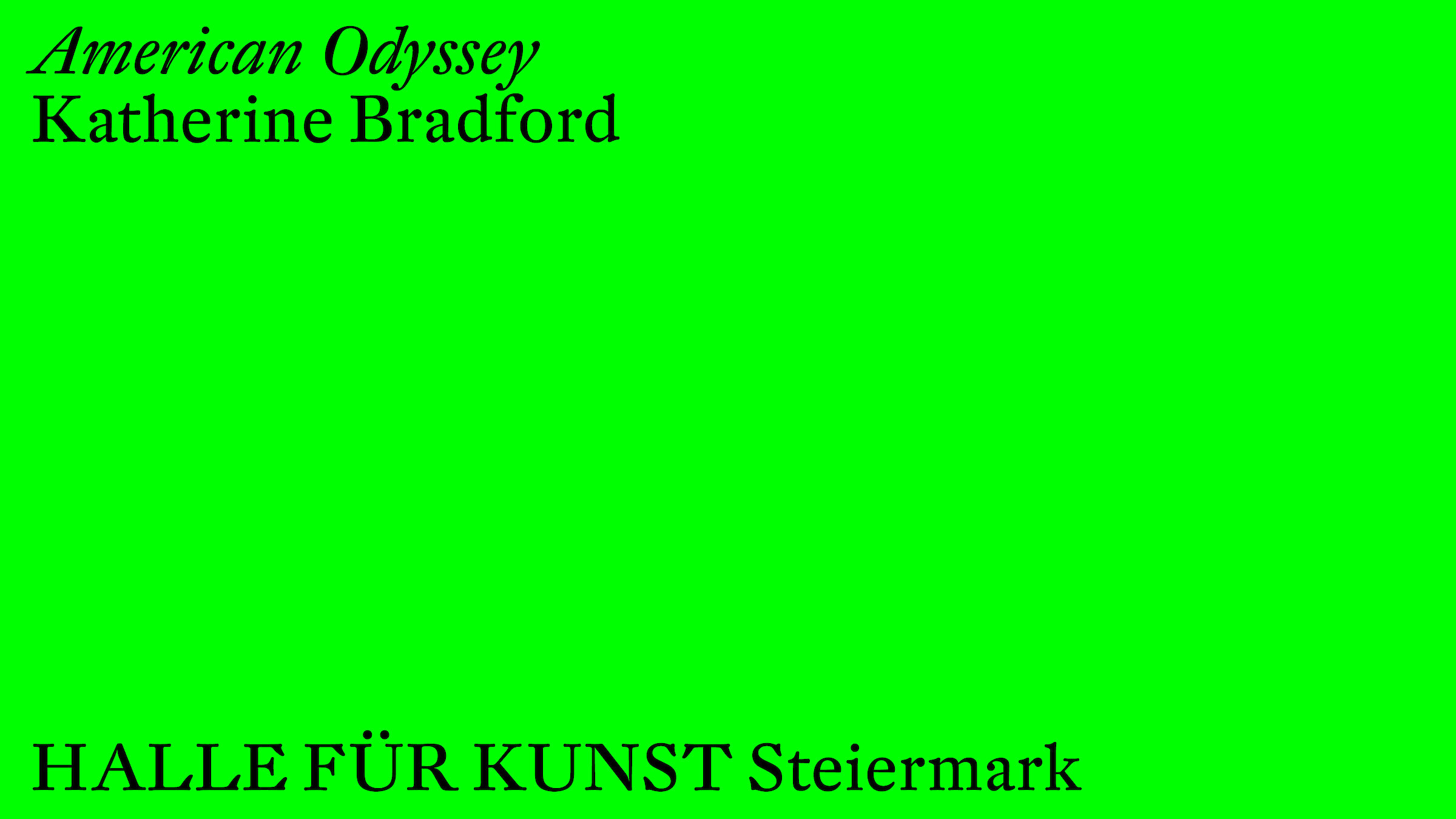The Myth of Europe and its Appropriation
Annetta Alexandridis & Verity Platt
Video
Please note that this video is available in English.
Annetta Alexandridis and Verity Platt talk about the contemporary appropriation of ancient forms and motifs from different perspectives. In doing so, they also draw on various ideas and works from the exhibition Europe: Ancient Future. Annetta Alexandridis refers to the myth of the origin of Europe, linking to the robbery of Europa and thus taking up the central motif of the ancient temple façade, through which the building of the HALLE FÜR KUNST Steiermark was transformed into the Grazean Temple of Europa for the duration of the exhibition. Alexandridis proceeds from a feminist perspective and examines the representation of the female body within the ancient worldview. Verity Platt takes up the works of Oliver Laric in the exhibition to address the ancient formal language in connection with its mediality and technical reproducibility. On the one hand, Platt shows how artists reappropriate ancient motifs using digital technologies and then reinterpret them through 3D printing processes, algorithmic imaging, and AI. On the other hand, she also focuses on the social use of ancient motifs and how they spread in fashion, politics, and even within dubious groups.
Dr. Annetta Alexandridis is Associate Professor in the departments of History of Art and Classics at Cornell University. She holds an MA and PhD in Classical Archaeology from the Ludwig-Maximilians-Universität at Munich. Her research and publications focus on representations of the body – human and animal – in ancient Greece and Rome, the iconography of Greek myth, Roman female portraiture, Roman funerary culture, the modern reception and historiography of ancient art, and the media of archaeology, especially photographs and plaster casts. She also is a member of the Harvard-Cornell Archaeological Exploration of Sardis in Turkey. Before joining Cornell she taught at Rostock University and worked at the Antikensammlung Berlin. She has held fellowships at Harvard’s Center for Hellenic Studies in Washington, D.C. and Cornell’s Society for the Humanities.
Prof. Dr. Verity Platt also works at Cornell University, New York in the Department of Classics and Art History. Her research and publications focus on ancient theories of representation and sensory perception; media and intermediality; the historiography of ancient art (especially Pliny the Elder); and Greek literature in the Roman Empire. She previously taught at the University of Chicago and received her PHD in Classics from Oxford University, as well as a post-doctoral research fellowship. She has held fellowships at the Institute of Advanced Study (Princeton), the Franke Institute for the Humanities (University of Chicago), the Society for the Humanities (Cornell), and the Atkinson Center for a Sustainable Future (Cornell).







